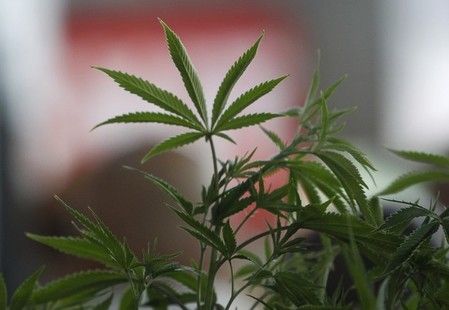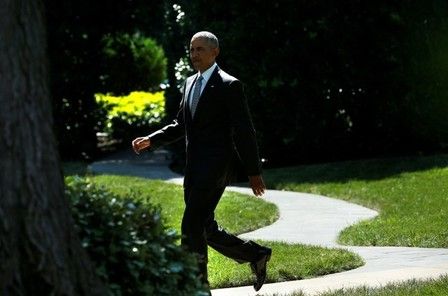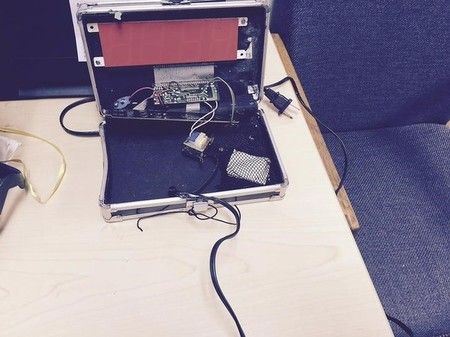Advertisement
Opponents say Massachusetts pot initiative text is hazy on food

By Scott Malone
BOSTON (Reuters) – A ballot initiative that would allow Massachusetts voters to legalize recreational marijuana use is fatally flawed because it does not explicitly say it would also legalize the sale of food containing the drug, opponents argued on Wednesday.
Opponents of the measure, which was submitted by the Campaign to Regulate Marijuana Like Alcohol, told the state’s Supreme Judicial Court that a summary of the petition produced by the state attorney general’s office and used to gather supporters’ signatures was not specific enough.
“The voters were significantly misled when they were told that this was going to legalize marijuana,” said John Scheft, the attorney for the 59 voters who filed a lawsuit challenging the measure. “What people are being asked to legalize is marijuana, hashish, marijuana concentrates and also food products.”
Massachusetts is one of a half-dozen U.S. states, including California and Maine, where voters may have a chance this fall to follow Colorado, Washington, Alaska and Oregon in legalizing recreational use of the drug by adults aged 21 and over.
Representing the state attorney general’s office, Robert Toone argued that it would have been impossible for the summary of the initiative to mention all of the possible products that could be infused with Tetrahydrocannabinol, or THC, the ingredient that causes the drug’s effects. The summary instead refers to “marijuana products.”
“Using the term marijuana products is clear and people understand what that means,” Toone told the court. Noting that opponents of the measure had focused on sweets, he added, “to single out particular applications — they have singled out ice cream and candy — would slant the summary in a particular direction.”
Justice Robert Cordy expressed skepticism at the state’s argument, saying, “Having read your summary I would have no idea that the measure allows the infusion of a hallucinogen into food and drink at all.”
After supporters gathered 64,000 voter signatures and the attorney general’s office verified the measure’s suitability for the ballot, the state legislature had a chance in May to enact it without waiting for a vote. Lawmakers declined to do so and proponents now need to gather another 10,000 signatures to secure the initiative a spot on the November ballot.
Opponents of the measure are asking the court to block the measure from inclusion on November ballots, while the state argues that it should be left unchanged.
Justices also suggested a third option, that the text of the summary could be corrected before it appears on the ballot, something the state argued is not allowed by state law.
“It’s not misleading if it’s corrected and the whole idea of the initiative process is to get citizens involved in lawmaking,” said Justice Geraldine Hines.
Massachusetts already allows medical marijuana use.
(Reporting by Scott Malone; Editing by Dan Grebler and Frances Kerry)











